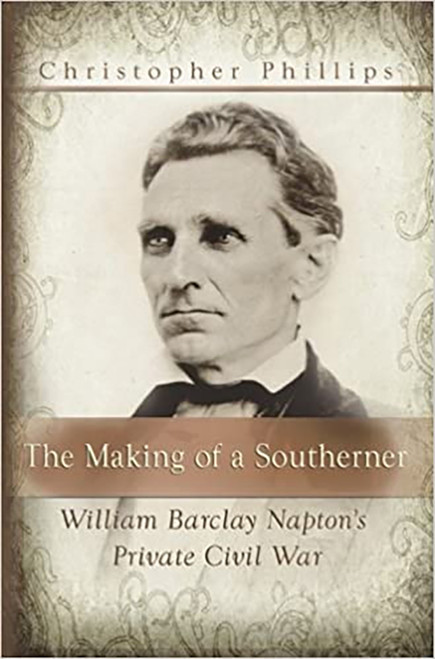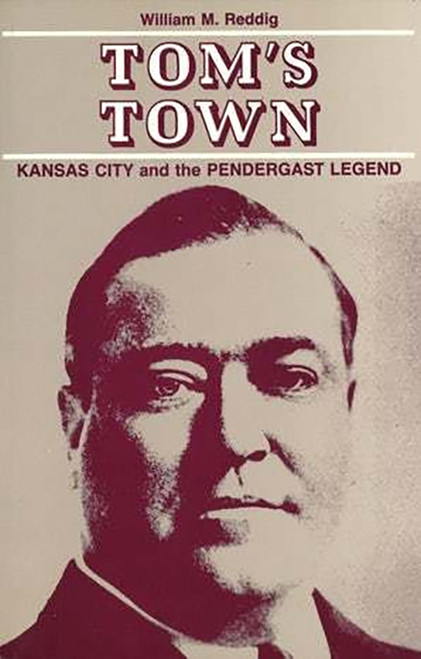Insane Sisters is the extraordinary tale of two sisters, Mary Alice Heinbach and Euphemia B. Koller, and their seventeen- year property dispute against the nation's leading cement corporation—the Atlas Portland Cement Company. In 1903, Atlas built a plant on the border of the small community of Ilasco, located just outside Hannibal—home of the infamous cave popularized in Mark Twain's most acclaimed novels. The rich and powerful Atlas quickly appointed itself as caretaker of Twain's heritage and sought to take control of Ilasco. However, its authority was challenged in 1910 when Heinbach inherited her husband's tract of land that formed much of the unincorporated town site. On grounds that Heinbach's husband had been in the advanced stages of alcoholism when she married him the year before, some of Ilasco's political leaders and others who had ties to Atlas challenged the will, charging Heinbach with undue influence. To help fight against the local lawyers and politicians who wanted Atlas to own the land, Heinbach enlisted the help of her shrewd and combative sister, Euphemia Koller, by making her co-owner of the tract. In a complex case that went to the Missouri Supreme Court four times, the sisters fiercely sought to hang on to the tract. However, in 1921 the county probate court imposed a guardianship over Heinbach and a circuit judge ordered a sheriff's sale of the property. After Atlas purchased the tract, Koller waged a lonely battle to overturn the sale and expose the political conspiracies that had led to Ilasco's conversion into a company town. Her efforts ultimately resulted in her court- ordered confinement in 1927 to Missouri's State Hospital Number One for the Insane, where she remained until her death at age sixty-eight. Insane Sisters traces the dire consequences the sisters suffered and provides a fascinating look at how the intersection of gender, class, and law shaped the history and politics of Ilasco. The book also sheds valuable new light on the wider consolidation of corporate capitalism and the use of guardianships and insanity to punish unconventional women in the early twentieth century.
About the Author
Distinguished Professor Emeritus of History at Texas State University, former National Endowment for the Humanities Fellow, former Andrew Mellon Pre-Doctoral Fellow in the Humanities, and prize-winning author of five books as well as a singer-songwriter/recording artist who fronts the south central Texas band, Doctor G & the Mudcats. I grew up in the shadows of a sprawling cement plant in Monkey Run, a section of the company town of Ilasco, Missouri. My childhood playground was a creek at the mouth of the Mississippi River, a couple of miles south of the cave hollow popularized in Mark Twain's writings about his boyhood home of Hannibal. Occupational lung diseases killed my father and grandfather in their late 40s, but education perhaps saved me from a similar fate. As a songwriter who has known plenty of hard times and struggle in a tiny house that lacked indoor plumbing, I've been fortunate to have written the soundtrack of my life in many ways. No matter how you cut it, it's all about the blues. In the past 20 years, songwriting led me away from writing scholarly books for an academic audience to literary non-fiction and my recent memoir, My Daddy's Blues: A Childhood Memoir from the Land of Huck & Jim. A diabetic for more than 50 years, I write and sing about working-class people's struggles because I'm well-familiar with them. Like Huck Finn, I choose Hell over conventional morality.
Product Specifications
Published by University of Missouri, 1999. Hardback, 280 pages.
*the hardback version of this book has been discontinued and this is the last copy







